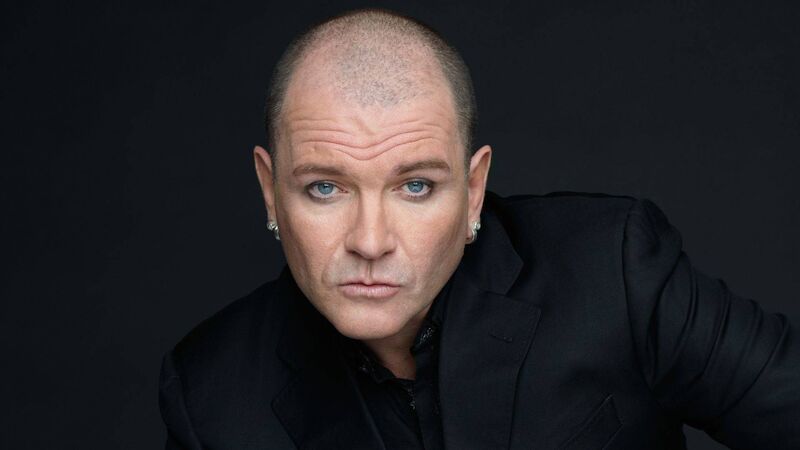Culture That Made Me: Gavin Friday on Bowie, Brel, and Ginsberg

Gavin Friday has published a new version of Peter & The Wolf.
Gavin Friday, 64, grew up between Finglas and Ballymun in Dublin. In 1977, he co-founded the Virgin Prunes, and has released several acclaimed solo albums. He has created scores for Jim Sheridan films, as well as the In the Name of the Father soundtrack. In 2005, he starred in Neil Jordan’s film, Breakfast on Pluto.
His new edition of Peter & The Wolf, based on original illustrations by his friend Bono, is published by DK Penguin Random House. An animated version is available on the RTÉ Player.




